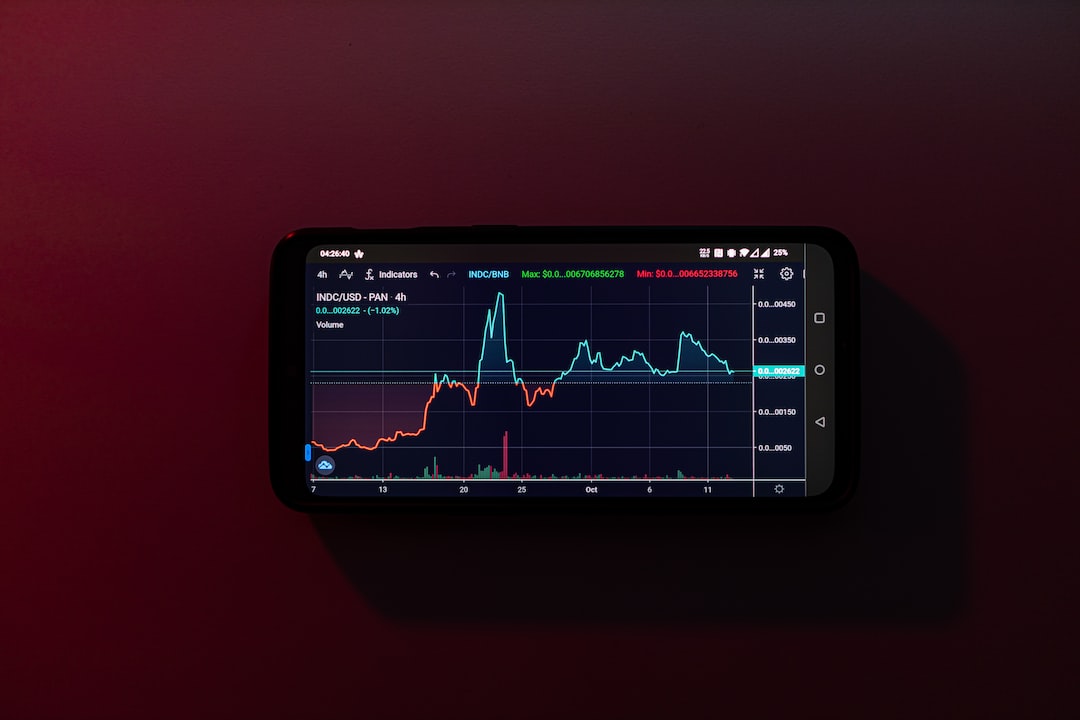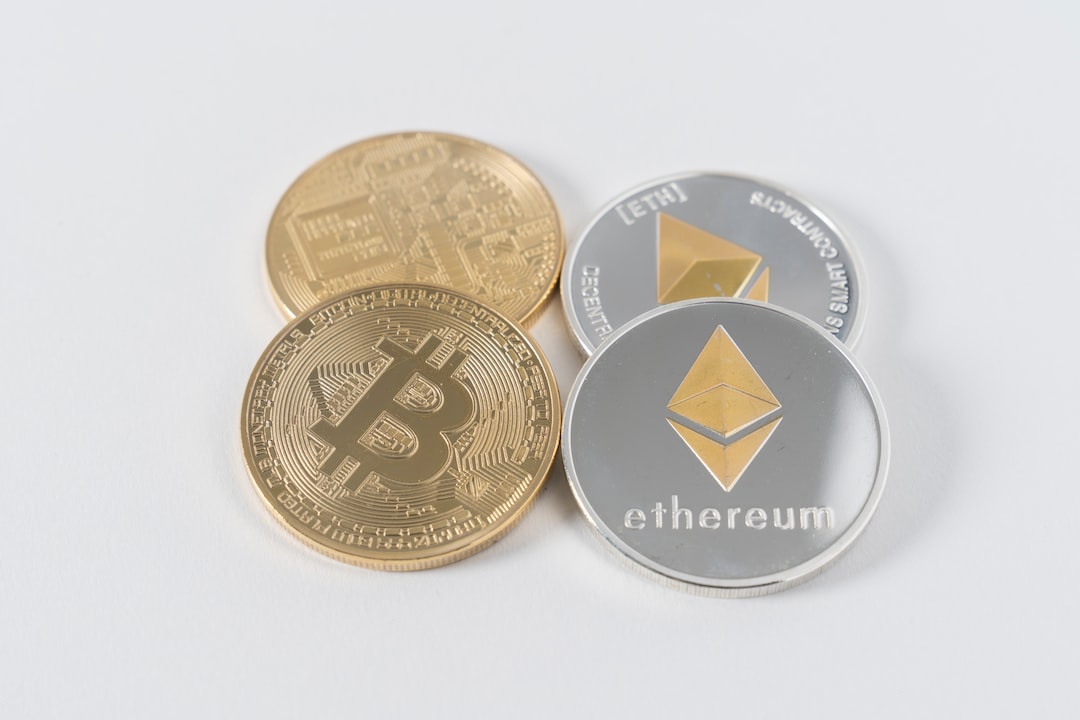PayPal’s PYUSD Stablecoin Turns to DeFi for Liquidity Boost
PayPal’s PYUSD stablecoin, which has been lagging behind other established stablecoins like USDT and USDC, is now leveraging decentralized finance (DeFi) to enhance its liquidity. In December, PYUSD activated the Curve automated market maker and is currently seeking deployment on Aave.
PYUSD Struggles in the Stablecoin Market
When PayPal entered the stablecoin ecosystem with its PYUSD stablecoin, it generated significant attention as a major financial entity offering a stablecoin. However, due to Tether (USDT) and Circle’s dominance in the market, concerns arose about the viability of PYUSD. Currently, PYUSD serves as a medium for trading cryptocurrencies on centralized exchanges.
Nevertheless, PYUSD’s trading volumes are not competitive compared to other stablecoins. To address this issue, Paxos, the organization behind PYUSD, has partnered with Trident Digital, a crypto platform focused on improving on-chain liquidity for institutions. Trident Digital has helped activate the Curve automated market maker for PYUSD and is assisting with its proposal on Aave.
PYUSD Joins Curve for Liquidity
On December 27, 2023, Curve launched the FRAXPYUSD liquidity pool, which currently holds $135 million in total value locked (TVL). This makes it the third-largest liquidity pool on Curve, following the popular 3pool. The pool includes Frax Finance’s algorithmic stablecoin, FRAX. PYUSD holders can swap their tokens for FRAX and use it for purchases and remittances on the PayPal app.
The pool has seen an average daily trading volume of $5.5 million since its inception, and it serves as on-chain liquidity for PYUSD.
Paxos Aims for PYUSD Deployment on Aave
Aave is currently voting on the inclusion of the PYUSD stablecoin in its Ethereum pool, with the initial vote scheduled to end on January 11, 2024. If the proposal passes, Paxos and other parties would provide $5-10 million in liquidity to seed the pool. This move is part of Trident’s strategy to incentivize borrowing demand for PYUSD on Aave, ensuring high yields on Curve to stimulate organic borrowing demand on Aave on day one.
Hot Take: PYUSD Utilizes DeFi to Enhance Liquidity and Compete in Stablecoin Market
PayPal’s PYUSD stablecoin is turning to decentralized finance (DeFi) to boost its liquidity and compete with established stablecoins like USDT and USDC. By partnering with Trident Digital and leveraging platforms like Curve and Aave, PYUSD aims to address its current trading volume shortcomings and create borrowing demand. This strategic move positions PYUSD to potentially strengthen its position in the stablecoin market and attract more users to the PayPal app for cryptocurrency trading, purchases, and remittances.





 By
By
 By
By
 By
By
 By
By
 By
By
 By
By